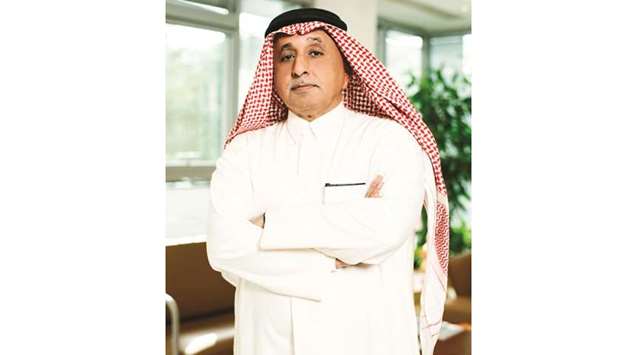Its global reinsurance subsidiary Qatar Re (based in Bermuda), London-based speciality insurer Antares and Malta-based QIC Europe (QEL) contributed 89% to the group’s combined premium growth.
They accounted for 71% of QIC’s total premium volume, up from a 69% a year ago, indicating steady and systematic expansion across its global and regional target markets, lines of business and client segments.
“The financial results for H1 2017 clearly demonstrate the effectiveness of QIC Group’s diversification strategy which is predicated on tapping into global growth opportunities whilst maintaining our leading position in our home markets,” said its group president and chief executive Khalifa Abdulla Turki al-Subaey.
With minimal exposure in the countries involved in a diplomatic rift with Qatar, he said “it is business as usual for us.”
Against the backdrop of a politically driven investment and ultra-soft underwriting environment, its net profit was QR505mn in H1 2017 against QR602mn in the previous year period.
In domestic market, Q Life and Medical Insurance Company contributed significantly to the group, growing its premium income by 17% to QR694mn in H1 2017, it said, adding “premium income from the countries involved in the political standoff with Qatar does not represent a material portion of the group’s revenues.”
The net underwriting result was QR263mn in H1 2017 (QR438mn in H1 2016), materially affected by the UK government’s decision to drastically cut the ‘Ogden Discount Rate’, which shook the motor insurance market with an expected industry-wide reserving hit of over $10bn.
QIC Group has a major underwriting footprint in the UK and decided to strengthen its motor reserves by $31mn. In addition, first half performance was impacted by a few large risk losses in the group’s international operations.
Despite continued global financial market volatility and regional diplomatic and economic stir, its investment income was QR563mn against QR480mn in H1 2016. The H1 2017 annualised return on investment was 5.7%, significantly in excess of the global industry average.
Highlighting that its investment exposure to the countries involved in a diplomatic rift with Qatar is “minimal”, QIC said most regional and international observers do not expect any material adverse impact of the political standoff on Qatar’s economic growth performance, even under a prolonged scenario.
The implementation of effective cost control policies, combined with accelerated work process automation, led the administration expense ratio fall to 7.9% against 8.1% a year-ago period.
Its shareholders’ equity stood at QR8.41bn at the end of June 30, 2017. In the first quarter of this year, the group, via Qatar Re, successfully issued Tier 2 capital notes net amounting to QR1.62bn, which was 14 times oversubscribed.

